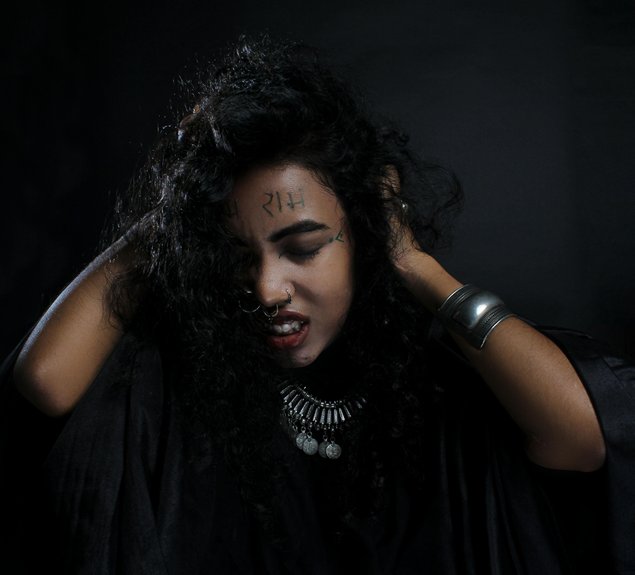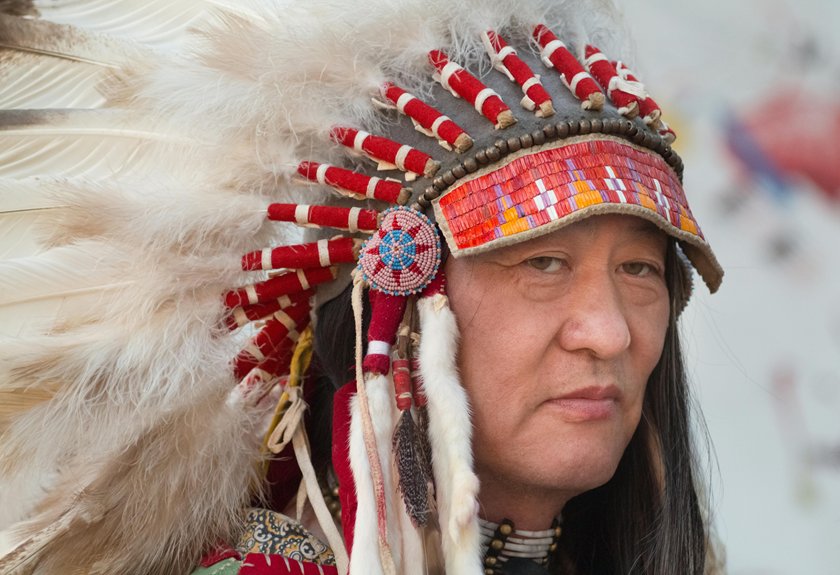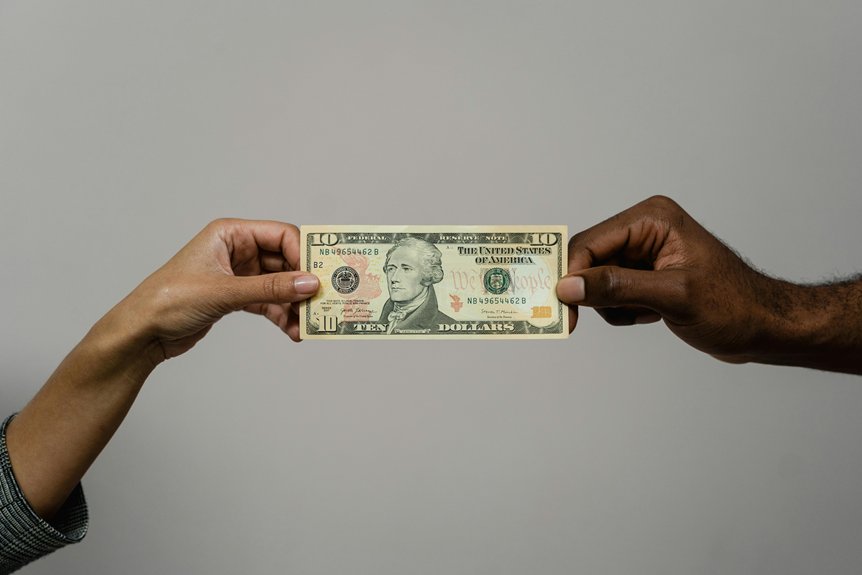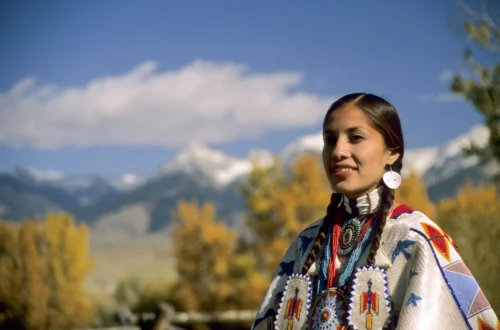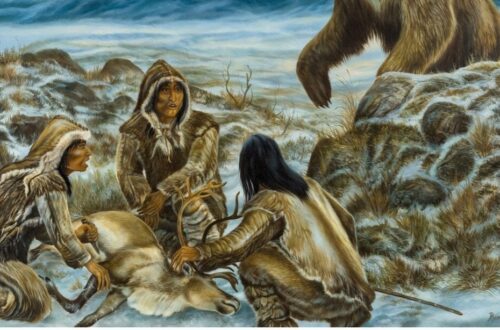Imagine a world where long hair isn’t just a stylistic choice but a profound embodiment of identity and strength. For Native Americans, this hair isn’t merely strands; it’s a tapestry of stories, heritage, and spirituality. Each braid tells a tale of ancestors, resilience, and connection to the earth. But what does it truly mean to carry this cultural weight? The answer lies woven into the very fabric of their traditions and beliefs, waiting to be uncovered.
The Cultural Significance of Long Hair
Although many cultures around the world value long hair, for Native Americans, it holds a deeply rooted significance that transcends mere aesthetics. You mightn’t realize that long hair symbolizes strength, identity, and connection to one’s heritage.
Historically, each tribe has its unique customs surrounding hair, often reflecting one’s life experiences and personal journey. When you grow your hair long, it’s an affirmation of your respect for tradition and the stories woven into your community’s fabric.
Many Native Americans believe that hair holds energy and wisdom; therefore, maintaining it’s a way of honoring ancestors. As you embrace this cultural practice, you connect with a rich history and become part of a narrative that celebrates resilience and spirituality.
Spiritual Connections and Beliefs
As you explore the spiritual connections and beliefs surrounding long hair in Native American culture, you’ll discover that hair isn’t just a physical attribute but a conduit for spiritual energy.
For many tribes, hair represents strength, wisdom, and a deep bond with nature. When you see someone with long hair, you might sense their connection to their ancestors and the earth.
Each braid or adornment often holds personal significance, reflecting life experiences and spiritual journeys. You’ll find that rituals surrounding hair, like cutting or cleansing, are deeply symbolic, representing changes or purification.
Embracing these beliefs can deepen your understanding of identity, resilience, and the sacredness of life itself, inviting a richer perspective on the Native American experience.
Ancestral Heritage and Identity
The connection between long hair and ancestral heritage in Native American culture runs deep, intertwining personal identity with the wisdom of generations.
When you wear your hair long, you’re not just making a style choice; you’re embracing a legacy that tells stories of resilience and connection.
- The gentle sway of your hair in the wind, echoing the whispers of your ancestors.
- The vibrant colors of traditional beads woven into your braid, a representation of your tribe’s history.
- The communal gathering where stories are shared, each strand representing a bond with those who came before you.
Through this physical expression, long hair becomes a powerful symbol of who you’re and where you come from, enriching your identity with cultural significance.
Symbolism in Ceremonies and Rituals
When you participate in Native American ceremonies, long hair often carries profound symbolism, embodying your connection to the spiritual world and your ancestors.
Your hair serves as a channel for energy and spiritual power, linking you to the earth and sky. In rituals, you might find yourself braiding your hair, a practice symbolizing strength and unity within your community.
Each strand holds stories of your lineage, reminding you of the sacrifices made by those before you. As you dance or pray, your hair flows freely, representing your freedom and identity.
Through these actions, you honor not just your personal journey but the collective spirit of your people, weaving the past into the present, and fostering a deeper understanding of your cultural heritage.
Long Hair as a Form of Resistance
Long hair serves as a powerful act of resistance, reminding you of your identity and heritage in a world that often seeks to erase it. For many Native Americans, long hair represents resilience against cultural assimilation and oppression.
When you wear your hair long, it becomes a symbol of pride, connection to ancestors, and spiritual strength.
- The gentle sway of your hair in the wind, echoing the voices of your forebears.
- The intricate braids, telling stories of survival and unity.
- The ritualistic care, a daily affirmation of your culture’s beauty.
In reclaiming long hair, you assert your existence and defy the narratives imposed upon you, honoring a legacy that endures through generations.
Contemporary Perspectives on Long Hair
As you navigate the complexities of contemporary life, long hair continues to serve as a profound expression of identity for many Native Americans. It’s not just a style; it’s a connection to heritage and a reminder of resilience.
In a world that often pushes for conformity, choosing to wear long hair can reflect personal stories and cultural pride. For some, it embodies a journey of reclaiming traditional values, while others see it as a way to honor ancestors.
You might hear stories from individuals who’ve faced challenges yet found strength through their hair, viewing it as a living representation of their identity.
Ultimately, long hair represents a blend of past and present, weaving together personal narratives and cultural significance in today’s society.
The Role of Long Hair in Community and Family Dynamics
While many might see hair as merely an aesthetic choice, for Native American communities, it often plays an essential role in family and communal bonds. Long hair symbolizes strength, identity, and connection to ancestors.
You might notice:
- Children learning traditions as they watch their elders braid hair together during gatherings.
- Families sharing stories, with hair as a focal point, reinforcing their shared history and values.
- Ceremonies where long hair becomes a powerful expression of spirituality and unity.
These threads of hair weave through time, connecting generations.
When you understand this cultural significance, you see that long hair isn’t just a personal choice; it embodies resilience and the deep ties that bind families and communities together, fostering a sense of belonging and purpose.
